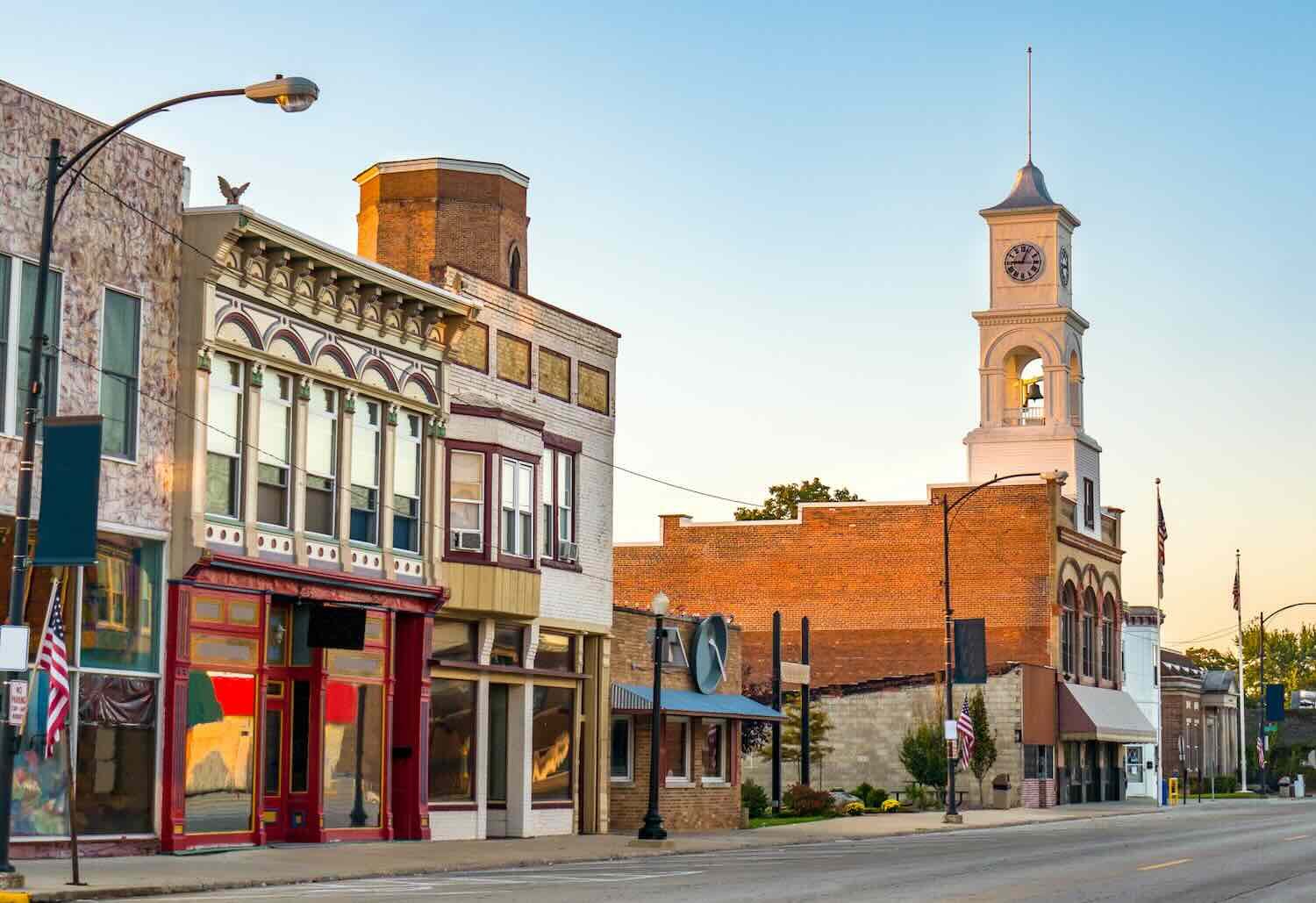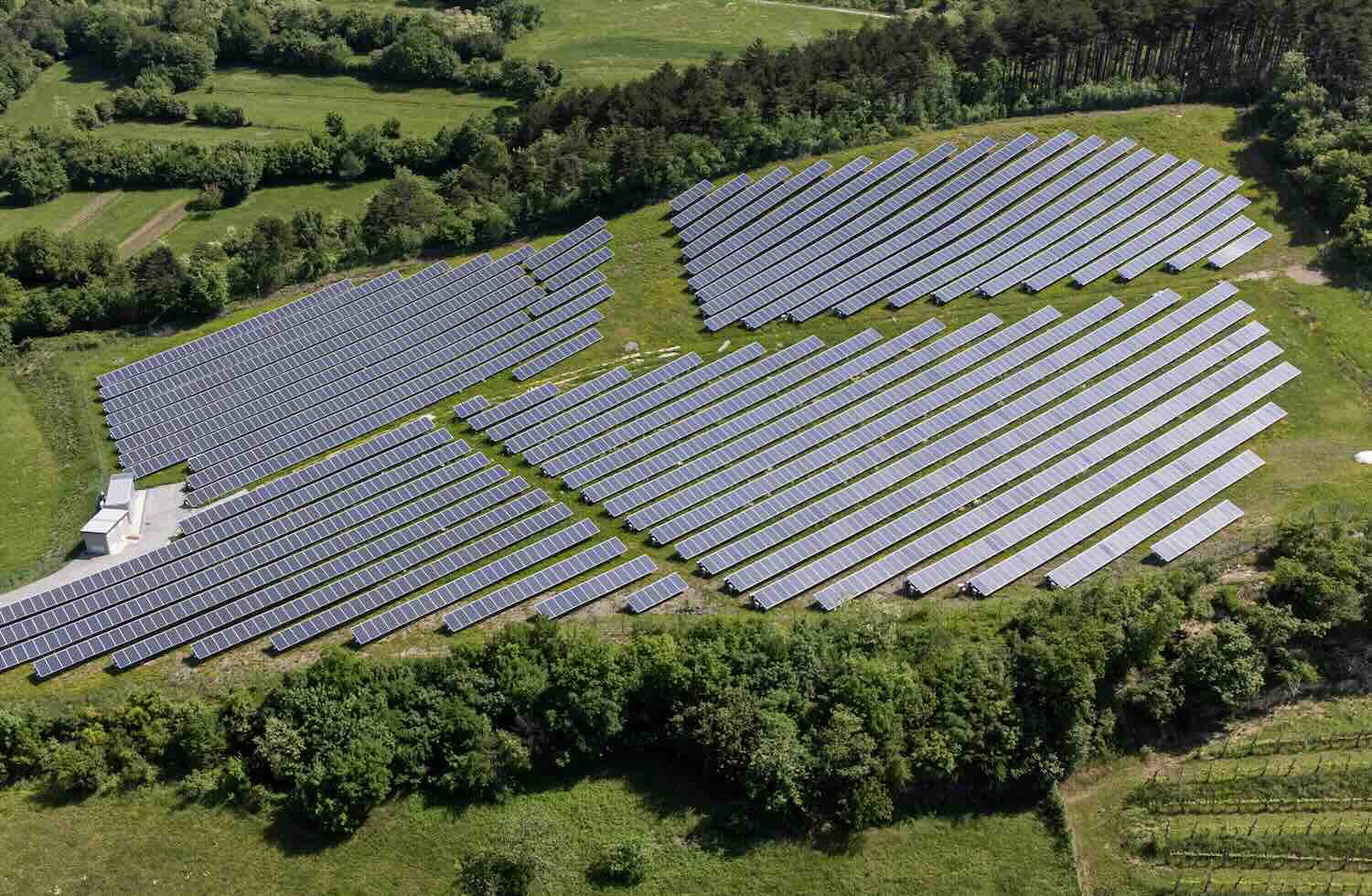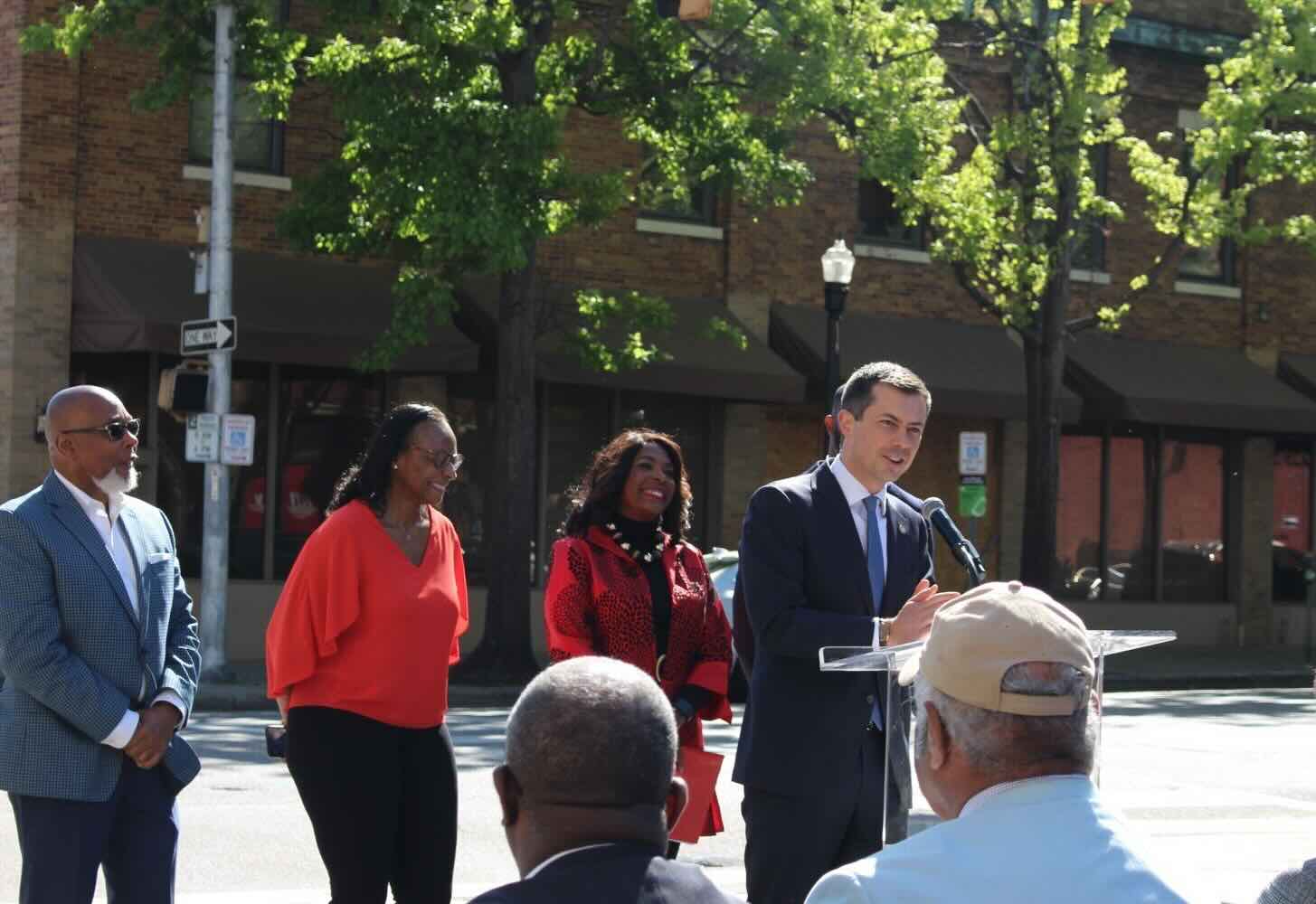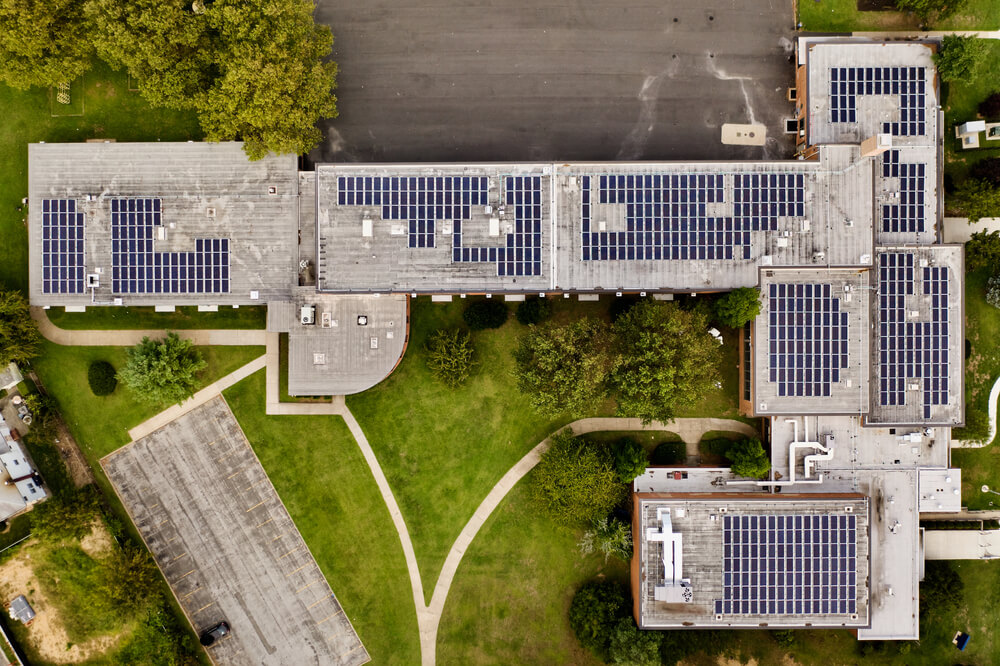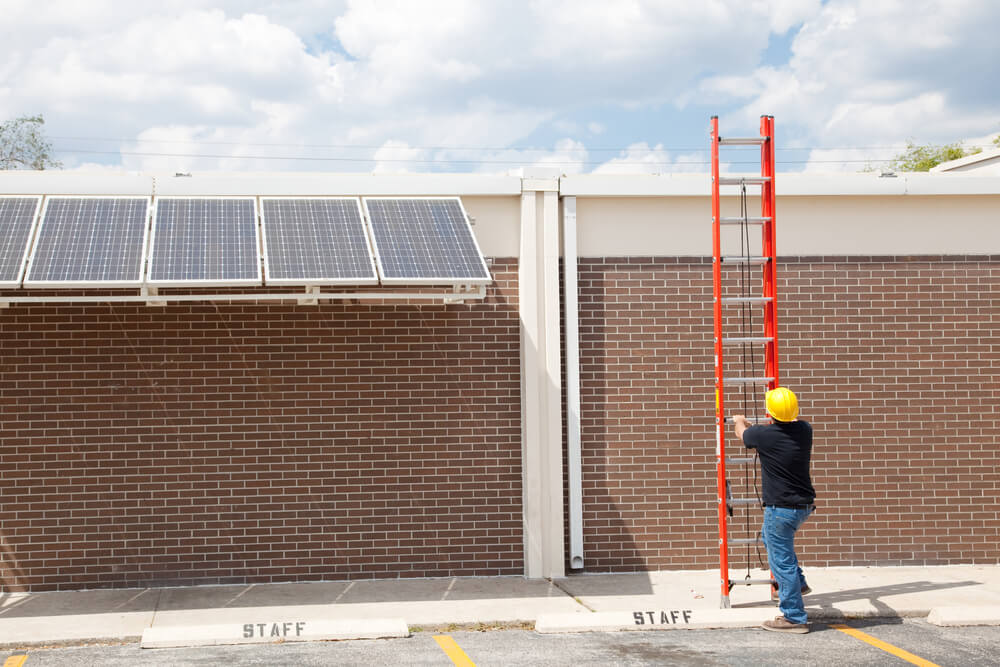ImpactAlpha, Jul. 18 – The climate ground war will be won block by block, building by building (for context, see “Call No. 32: Black tech, green solutions for the planet and the people”). Needed: A skilled, diverse workforce ready to fill the coming wave of green jobs in every community.
A new initiative aims to train and place at least 25,000 individuals in U.S. clean energy jobs. A partner program will do the same in India. Climate-Resilient Employees for a Sustainable Tomorrow, or CREST, is a partnership between Jobs for the Future and World Resources Institute, backed with $25 million from Ares Charitable Foundation, the corporate philanthropy arm of Ares Management Corporation.
“As we’re moving forward and putting investment in climate-focused companies, do we have enough talent, that’s diverse as well, to work for these companies?” says Include Ventures’ Taj Eldridge, who will lead the U.S. effort. “We can’t solve the problems of climate in a silo.”
Talent gaps
Climate-oriented funds and founders flush in cash have struggled to hire talent, and diverse talent in particular, Eldridge says. For successful models, he points to companies like ChargerHelp, the South L.A.-based EV charger repair company that created an onramp to good green jobs accessible to anyone with a high school degree (see, “Agents of Impact: Evette Ellis and Kameale Terry of ChargerHelp”).
L.A. Cleantech Incubator, where Eldridge previously led investments, and the impact fund of Jobs for the Future were early backers of ChargerHelp.
Climate-job readiness
The five-year effort aims to fill gaps in climate-related skills and training with evidence-based solutions. Eldridge says he’ll work to connect climate workforce platforms such as Clean Energy Leadership Institute, Empowering Diverse Climate Talent and Climatebase to accelerators, investors and small businesses.
Elridge plans to engage universities, including historically Black colleges and universities, Hispanic-serving institutions and community colleges. The goal, Eldrige told ImpactAlpha: “To get all types of people involved in this sector.”







